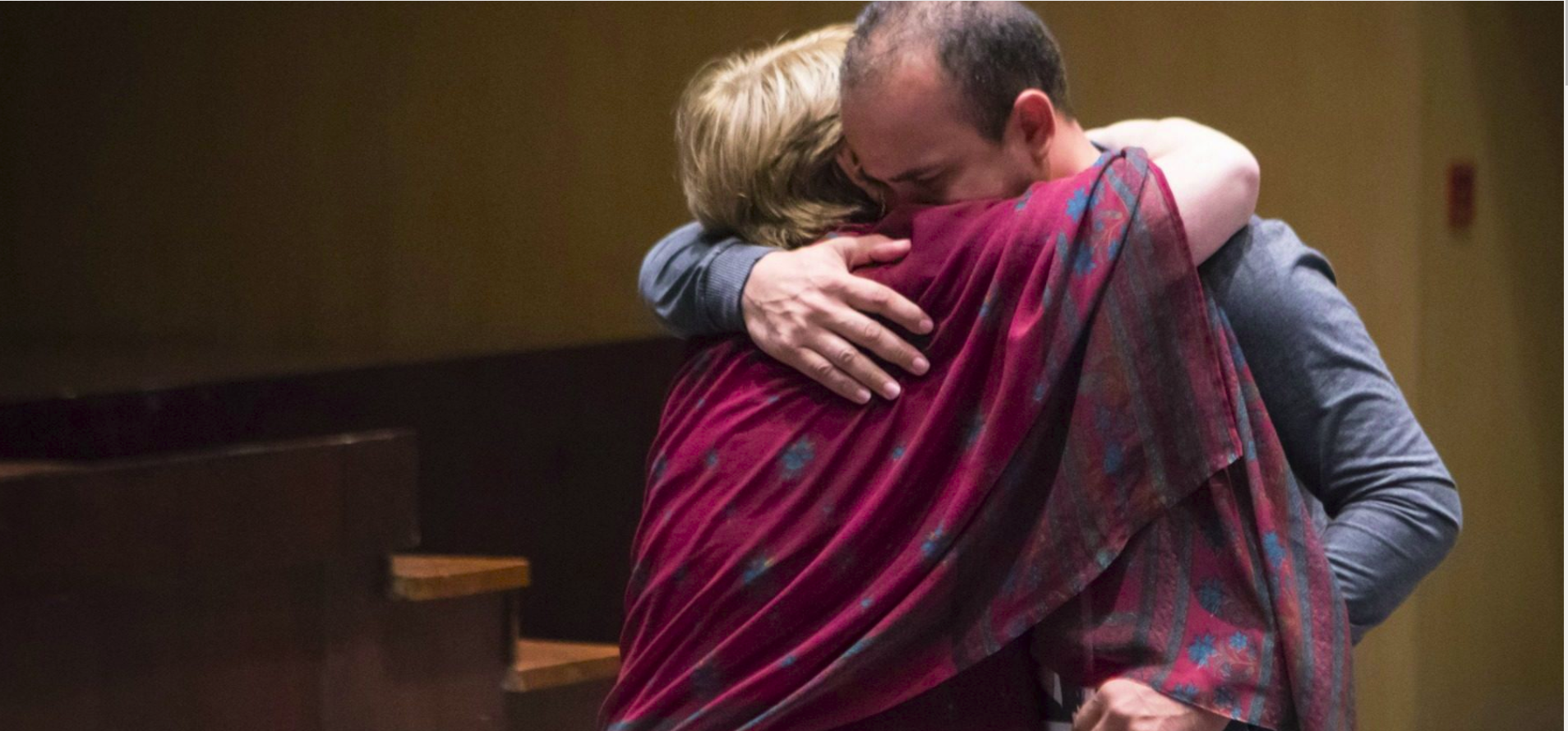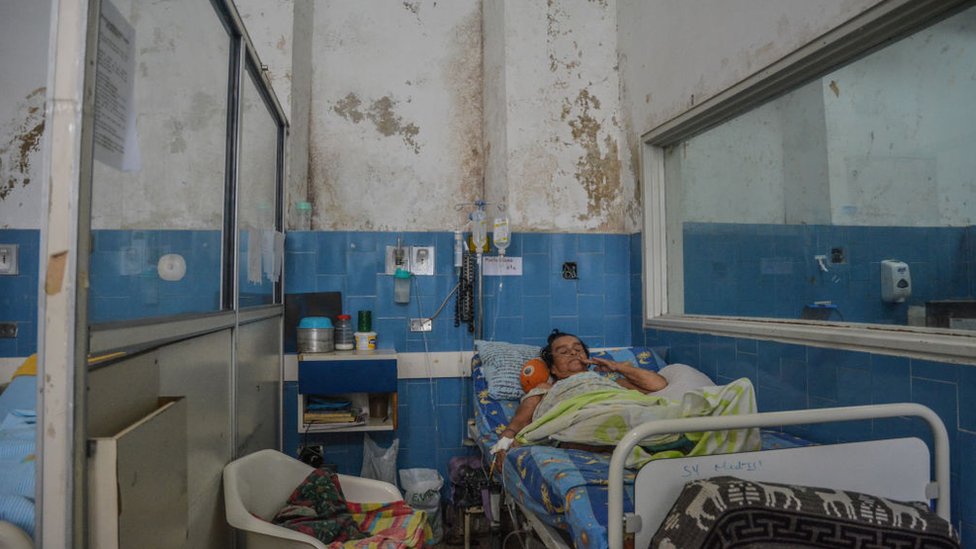“Never before has the environment been given such relevance as now”, can be read in the first paragraph of the state-run oil company PDVSA’s Balance of Social and Environmental Management for the year 2012, a mandatory report under current environmental regulations, last issued in 2016 due to the increase in state mythomania and opacity in public management. Paradoxically, one of the biggest oil disasters in Venezuelan history, the spill on the Guarapiche River, occurred that same year.
A year ago PDVSA stated: “The new PDVSA is characterized by being an organization with a high level of commitment and responsibility in the planning and execution of its oil and non-oil activities, conducted to ensure its industrial operation under a healthy and ecologically balanced environment. ”.
It was precisely in 2011 when the number of spills of toxic material from PDVSA and its contractors and subsidiaries started to escalate. 4,052 spills were registered that year alone, which meant an increase of 169 percent compared to the 2,393 “events” recorded in 2010. In 2012 the number of spills fell to 3,068 but increased in terms of the volume of polluting substances discharged to the environment, with a total of 143,597 barrels, most of them spilled into the basins of the Guarapiche and San Juan rivers in Monagas.
In 2013 the situation worsened. Consistent with the general extinction of guarantees for human rights, Nicolás Maduro’s PDVSA became more predatory of the environment. 2013 closed with a total of 10,722 spills of oil and other toxic substances, A 297 percent year-on-year increase. In 2014, the oil company accounted for 8,814 spills, totaling 79,153 barrels dumped into the soil and water reservoirs. For 2015, PDVSA reported 8,796 spills in its annual balance, with a total of 123,846 barrels of oil; and at the end of 2016, it registered 8,250 spills with a total volume of spilled oil of 182,317 barrels.
From 2010 to 2016, the state-run company and its contractors and subsidiaries were responsible for 46,820 spills of oil and other environmental pollutants, with a total of 856,722.85 barrels of oil spilled. 30,674 of these spills affected water bodies such as the Guarapiche and San Juan rivers, putting endemic species at risk, damaging the balance of flora and fauna, and affecting the lives and family economies of hundreds of residents in the area.
Oil spills made headlines in 2018. In July, an incident in the Gulf of Paria was reported, after a leak on the Couva oil platform in Trinidad and Tobago discharged 10 thousand barrels into the sea. On July 6, a spill affected the Guarapiche River, Monagas state, the same area as the 2012 spill. On the west coast of Anzoátegui, Peñalver and Píritu counties were affected by an oil spill reported on September 29, which originated in an accident at the José Antonio Anzoátegui Oil Complex. Another spill was reported through social media on July 29, this time on Lake Maracaibo. The incident was referred to by the Ministry of Ecosocialism as “a traveling slick.”
Structural impunity
After the historic spill on the Guarapiche River in 2012, the Academy of Physical, Mathematical, and Natural Sciences warned about the environmental damage that this event would cause in the basins of the Guarapiche and San Juan rivers, since they are important centers for “ ichthyology and the evolution of continental ichthyofauna. Two hundred and eighteen (218) species of fish inhabit the streams, and many of them are endemic to these rivers ”. On that occasion, the Academy highlighted that these basins host at least four unique endemic species in the world: “Bryconamericus yokiae, Creagrutus hysginus, Chaetostoma venezuelae, and Farlowella Venezuelensis”.
The concern of the Academy in 2012 also included the social impact generated by the spill. The agency pointed out that the San Juan river basin is home to communities “who must have access to safe drinking water and fishing banks without immediate or long-term risks to their health. In case these resources are unavailable, an adequate replacement must be guaranteed with sufficiency and opportunity ”. Six years later, these communities were affected again by a new oil spill into the waters of the rivers that sustain their livelihoods and the local economy; in fact, Provea reported in 2012 on the protests by local farmers affected by the oil sweep operations carried out by PDVSA without taking into account the impact on the communities.
The state-run oil company PDVSA, classified by Greenpeace in 2012 as one of the top 10 companies that contribute the most to climate change, is well protected by the structural impunity that ignores rights and perpetuates abuses. Between 2010 and 2016, several ministries and the Office of the Attorney General of the Republic opened just 200 sanctioning procedures against the state, of which 127 were administrative penalties and 73 criminal sanctions. Even high profile cases, such as the accident in the Paraguaná Refining Center (Amuay), were dismissed by a Criminal Court in the city of Coro. Hundreds of people affected by PDVSA remain unprotected against the high polluting impact of the state company.
Translated by: José Rafael Medina




